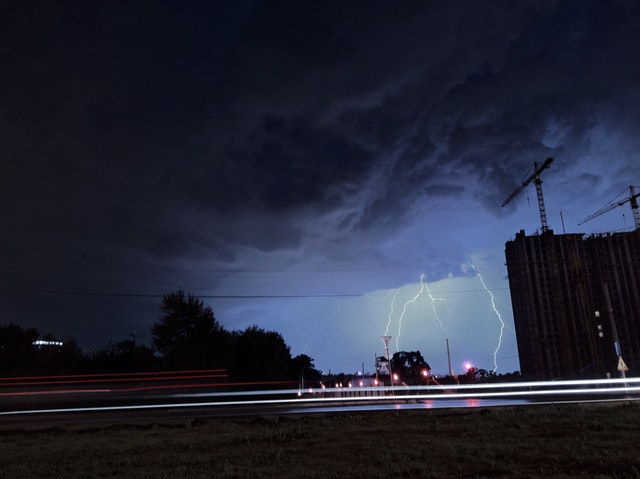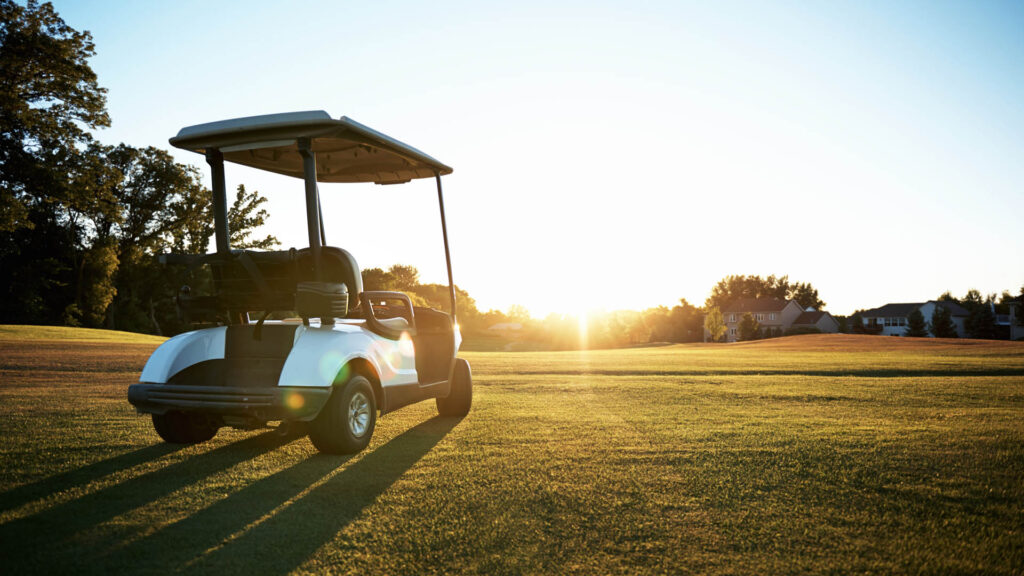
If you are involved in a car accident due to bad weather, what does the law say about who is at fault? That is a common question. In fact, there are a lot of common misconceptions about who, if anyone, is at fault and responsible.
If you’re injured in an accident due to poor weather conditions, please don’t hesitate to contact me to discuss your options. You can contact us by phone at 864-235-4999 by tapping the button below or through our contact form.
Bad weather conditions are a year-round predicament. During summer, nasty thunderstorms can create slippery road conditions for drivers. In the winter, most drivers can understand the dangers that bitter cold temperatures, snow and ice represent. However, we know people still have to work and go places. So, when a person has to drive in poor weather conditions, what does the law require of the average driver?
4 Rules of the Road in Bad Weather
A driver is required to use caution and to consider the conditions “then and there existing” while operating a motor vehicle. A driver is also required to keep his car under control at all times. Obviously, driving a car in snow and ice requires a driver to follow some special rules.
No. 1: The driver is to operate the car at a slow rate of speed. Operating at a slow speed allows the driver to maintain control over the vehicle. Also, driving a car at a lower rate of speed allows for a shorter stopping distance. This is crucial while driving in bad weather conditions.
No. 2: Leave plenty of distance between your vehicle and other vehicles to avoid a car accident due to bad weather. Leaving plenty of distance between vehicles will allow greater time to stop, thus avoiding a collision altogether. In bad weather, drivers should leave 8-10 seconds in following distance compared to the normal 3-4 seconds of stopping distance.
No. 3: Follow all directions of police or highway patrol who may be directing traffic. Upon approaching an intersection that is under the control of law enforcement, slow the speed of your vehicle to 5 mph. At that speed, your vehicle should be able to come to a complete stop. Thus, avoid hitting or striking a law enforcement officer directing traffic in the event of a light outage.
No. 4: Accelerate or decelerate very, very slowly so as not to cause your tires to spin. Once the tires begin to spin, it is very difficult to maintain vehicle control.
Keep Moving to Avoid a Car Accident Due to Bad Weather
Keep moving when possible – avoid stopping if you can. Approach an intersection at a very slow speed. Hopefully, the light will change before you have to stop. Keeping forward inertia is important and avoids tire spinning upon re-starting movement. Also, if possible avoid stopping while going up a hill. Again, keeping forward inertia going up a hill will prevent slippage that comes with stopping. It’s very difficult to re-start forward movement going up a hill. Thus, a car can start a backward slide that causes loss of control.
Who is Liable?
Now, to answer the question, who is liable in a car accident due to bad weather? The law requires drivers to operate a car in a careful, cautious, prudent manner in the conditions then and there existing. Thus, when in snow and ice, or other bad weather, a driver must use extreme care and caution to avoid causing an accident.
If a driver is not careful and not cautious and causes an accident, in any condition, the driver is at fault. Sometimes, a person might claim that the snow and ice are considered an “Act of God” and thus there is no liability for the driver that causes an accident. However, for the “Act of God” defense to apply, the “Act of God” must be the only or sole cause of the accident. That is a rare and probably non-existent situation.
A driver who chooses to venture out in bad weather and causes an accident by driving too fast for the conditions or not being careful is going to be legally liable for the injuries caused by the driver failing to drive in a careful manner. In conclusion, a driver has a duty to keep his car under control at all times, whether in snow or ice or otherwise.
If you have any questions after being hit by another driver in bad weather do not hesitate to call us at 864-235-4999 or fill out the form below to request a free consultation to discuss your case.
[contact-form-7 id=”3838″ title=”Contact Us”]

